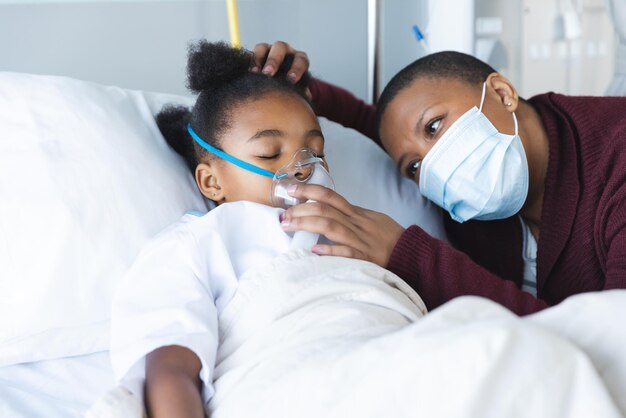UNICEF Highlights the Devastating Impact of Pneumonia on Children in the World’s Poorest Countries

The United Nations Children’s Fund (UNICEF) has issued a stark warning about the rising toll of pneumonia on children, particularly in the world’s poorest countries. In observance of World Pneumonia Day on November 12, the organization emphasized that the majority of child deaths from pneumonia occur in marginalized and deprived communities, where access to basic health services is limited or non-existent.
According to UNICEF, these vulnerable children are at the highest risk due to a combination of factors, including limited access to healthcare, malnutrition, infectious diseases, and polluted air. Many also live in fragile or conflict-affected regions, where healthcare systems are often disrupted, and conditions that increase the risk of pneumonia are prevalent.
Pneumonia remains the leading cause of death from an infectious disease among children, with UNICEF revealing that every 43 seconds, at least one child dies from the condition. This alarming statistic is particularly pronounced in countries suffering from high levels of air pollution, which significantly increases the likelihood of respiratory infections. Research has shown that half of all pneumonia-related deaths in children are linked to air pollution, underscoring the urgent need to address both environmental and health care challenges.
While pneumonia caused by bacteria is preventable through vaccines, UNICEF highlighted a major concern: 40% of children worldwide are not fully protected with the essential pneumococcal vaccine, which helps to prevent bacterial pneumonia. In addition to pneumococcal vaccination, other vaccines such as those for Diphtheria-Tetanus-Pertussis (DTP), measles, and influenza also play crucial roles in reducing the incidence of pneumonia. However, millions of children remain vulnerable due to incomplete immunization coverage.
UNICEF’s call to action underscores the importance of strengthening health systems, improving access to life-saving vaccines, and addressing the environmental factors that exacerbate respiratory infections. The organization advocates for global efforts to increase vaccination rates, reduce air pollution, and ensure that health services reach even the most isolated and underserved communities.
As the world commemorates World Pneumonia Day, UNICEF urges governments, policymakers, and international organizations to prioritize the health of the most vulnerable children. Only through concerted efforts can the global community reduce pneumonia-related deaths and ensure that every child, regardless of where they live, has the opportunity to survive and thrive.
Join 'Lesotho News' WhatsApp Channel
Get breaking Lesotho news — delivered directly to your WhatsApp.
CLICK HERE TO JOIN



